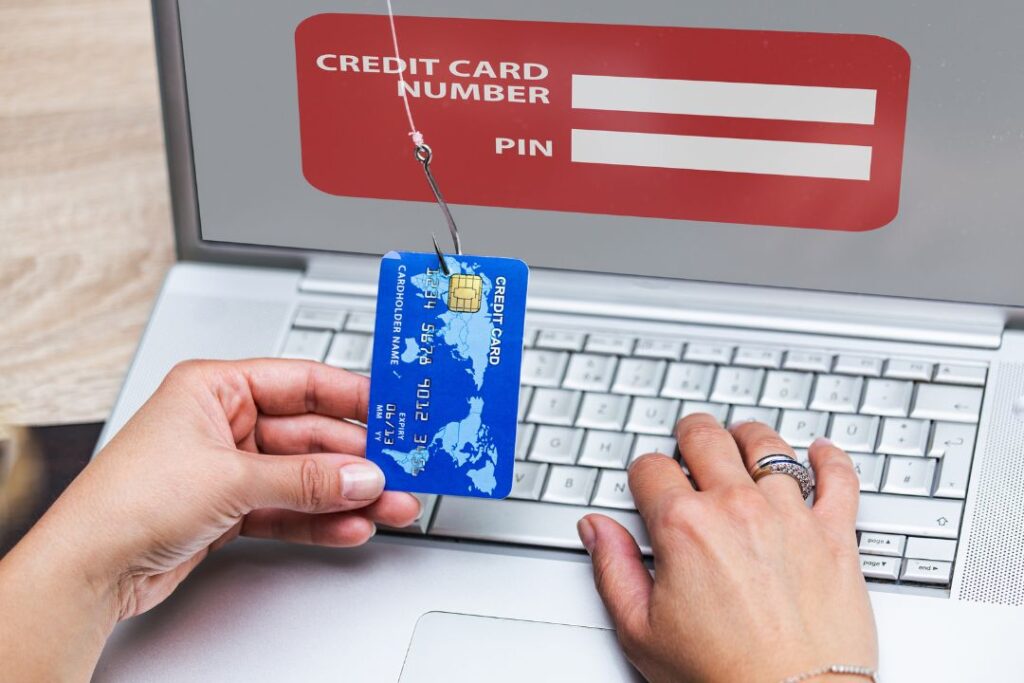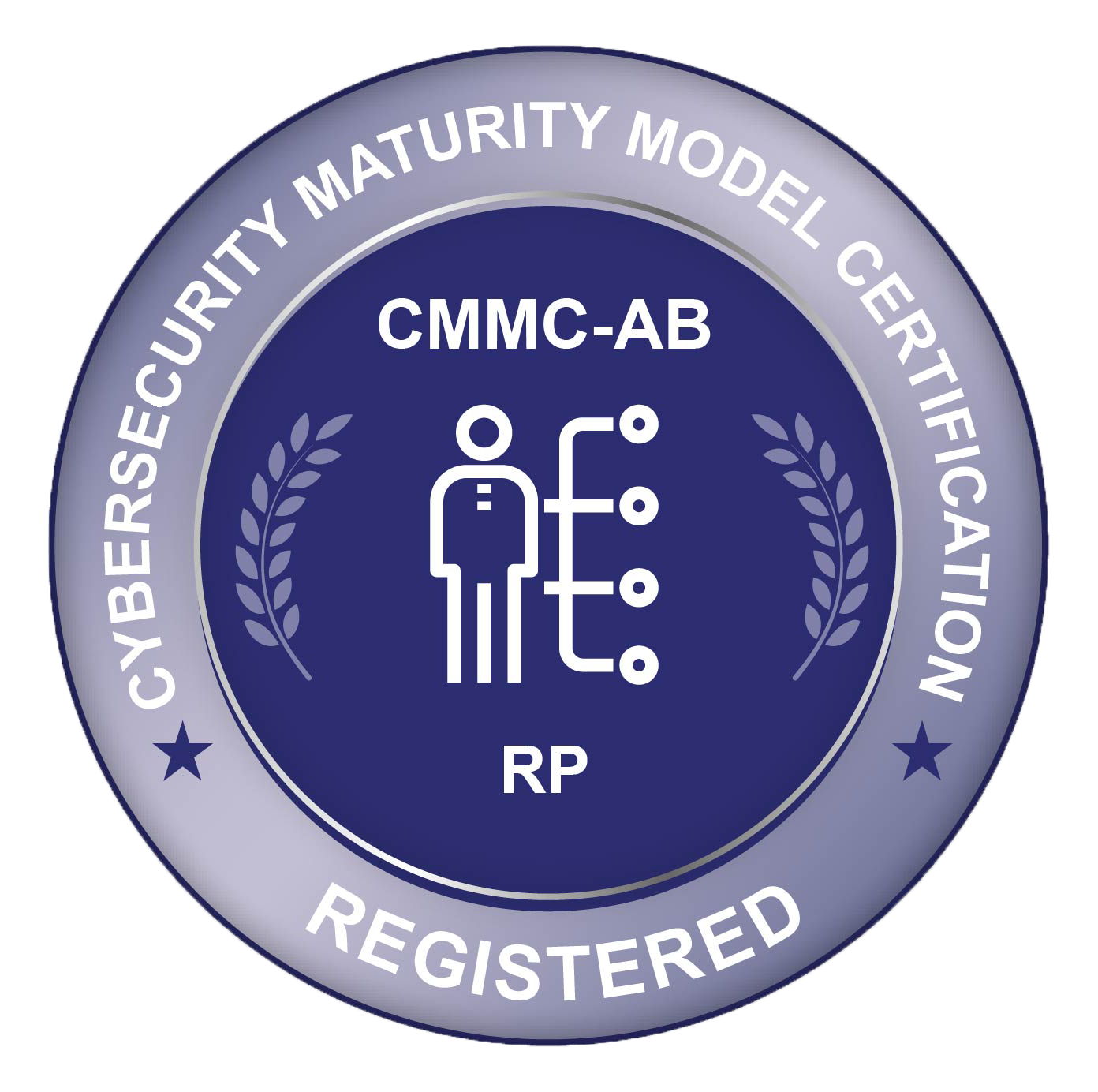8 Things to Know to Protect Yourself From Phishing Emails

Phishing is when someone sends a fraudulent message that is written for the sole purpose of tricking the receiving party. Phishing Emails can deliver malicious software. In addition, they may request personal information or solicit money to solve a lofty goal. As of 2020, the FBI‘s Internet Crime Complaint Center recorded over twice as many phishing incidents as any other computer crime.
Identifying a Phishing Email
Look for these indicators on every possible phishing email before you open it.
- Unfamiliar name or title of the sender – Do not open emails from people you do not have business with or know. Computer hackers can be very territorial and prideful. They like to enclose bits of information to show their friends it was their scam. Watch for slight errors in spelling, like rn (r n instead of m)
- Typos – English is not always the native language of the hacker. There are frequent grammatical errors. If there are misspellings or constant tense changes, look at the other ways to spot phishing emails. Large corporations have proofreaders and grammar experts to produce accurate materials.
- Generic Greetings – You may have purchased a product or enrolled in a program with this company. When you provided your contact information, you would have delivered your first and last name. You did not put Ma’am, Madame, Sir, or Mr. If they don’t know your name, they don’t know you, and you do not need to know them.
- Expresses Urgency – A phishing Email needs you to take action immediately. It is a very high-pressure sale. They want you to think you have to commit promptly to save the company, buy new hot stock, get their download, or for whatever reason, they want your money. The recipient may be instructed to send cash or money orders. That request is not for the reason they tell you. The real reason for cash or money order is not traceable.
Ways to prevent Email phishing from hurting you or your company
- Do not share any personal information. If there is a link to open your account or billing, do not click on it. Instead, go directly to the company website, or call the company to see if they are trying to contact you.
- Check your banking accounts regularly. If you see unauthorized charges, call your bank immediately. Do not give the scammers time to do additional damage.
- The pop-up will appear on the website and look legitimate. Try clicking the Yes, No, Continue, or Cancel buttons. Any of these can set off phishing software. Safe Pop-Ups always have a way out of the pop-up with an X or close.
- Keep your browser up to date. Run anti-virus, anti-malware, and firewall protection to keep email phishing out of your mailbox.
Amazon Phishing Emails Just Keep Coming.
Amazon.com is leading the U.S. e-commerce market with net sales of $ 112,477 billion in 2020. Net sales in 2021 show a 22% increase over 2020. With e-commerce becoming the preferred way of shopping, the future for Amazon looks bright. The only real blemish on this shiny landscape is the persistence of Amazon Phishing Emails. The sheer quantity of phishing emails supposedly sent from Amazon or an Amazon representative is massive. Hackers are sending more and more phishing emails to Amazon buyers and visitors, hoping to get a few nibbles.
MTBW has a full-service solution to meet your complete list of IT needs. We have one affordable, efficient, reliable program that will run your entire infrastructure. It can quickly analyze problems, diagnose issues, and implement solutions. We stay on top of all new email phishing threats, inform our clients, and develop a fix as soon as possible. We also offer numerous individual solutions to meet your specific needs. Check out the MTBW Line card to see how we can help your particular needs.
Remember, When in Doubt, Check it out. Contact MTBW or call at 301-829-5929.








